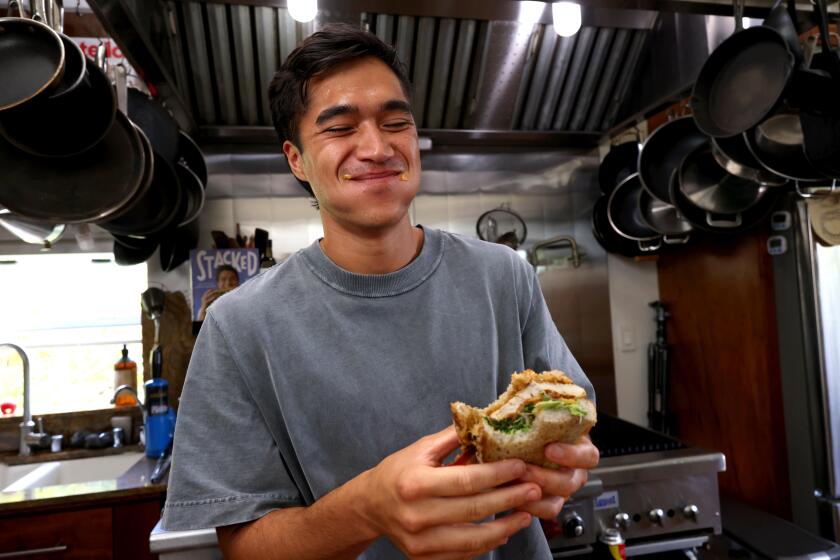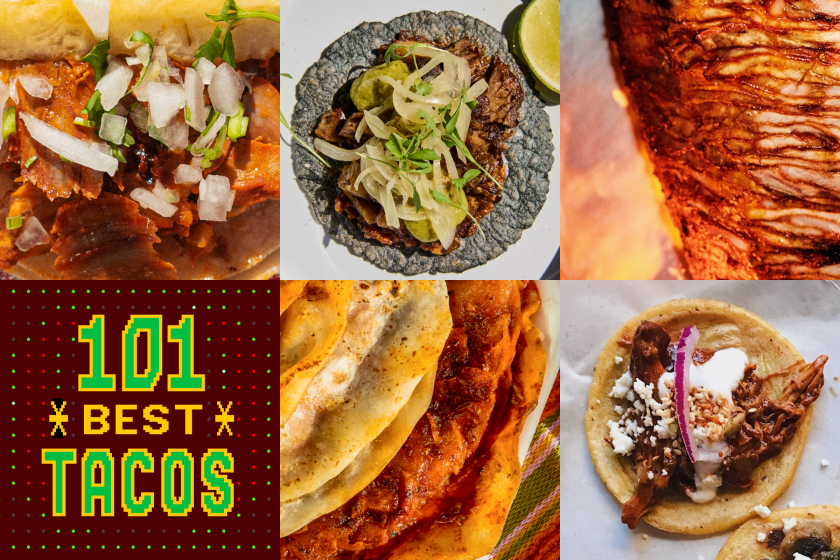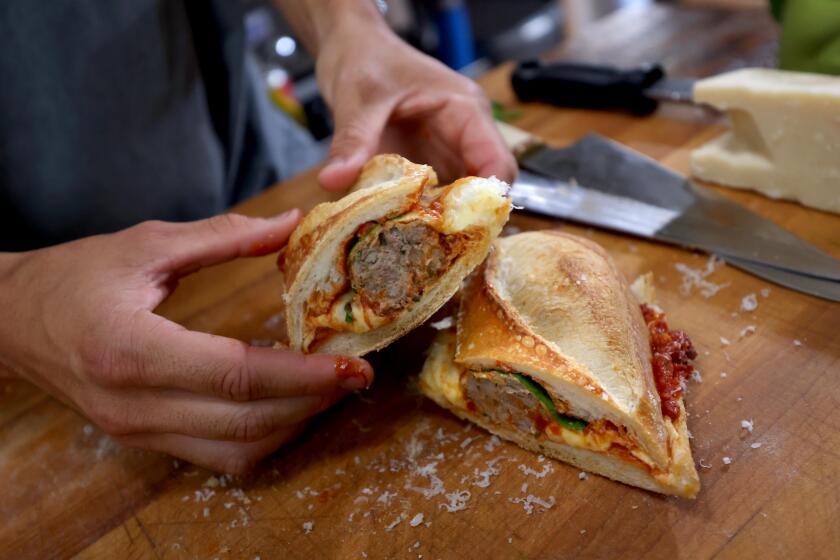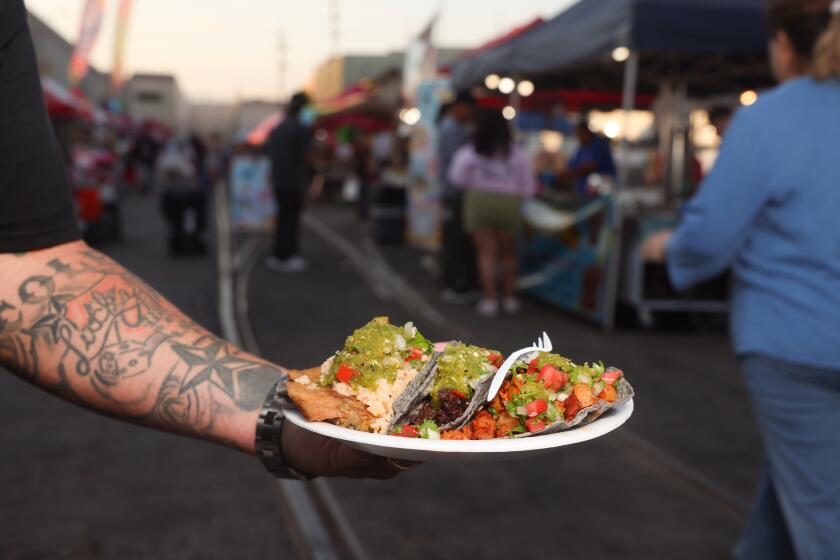Despite claims, Girl Scouts’ Mango Creme cookies aren’t health food

It’s Girl Scout cookie time, and in some regions this year’s offerings include Mango Cremes. Though not as famous as the classic Thin Mints, Mango Cremes feature “vanilla and coconut cookies filled with a tangy mango-flavored creme enhanced with nutrients derived from fruits,” according to the Girl Scouts website.
Nutrients? Have Girl Scout cookies become a health food?
Here’s what ABC Bakers, the company that produces Mango Cremes, has to say about that on its website: “These crunchy vanilla and coconut cookies with a mango-flavored creme filling have all the nutrient benefits of eating cranberries, pomegranates, oranges, grapes, and strawberries.”
Seriously?
The ingredient list for Mango Cremes includes “nutrients from natural whole food concentrate of (cranberry, pomegranate, orange, grape, strawberry, shitake mushrooms).” But — to state the obvious — that hardly makes them equivalent to eating actual fruits. (Or mushrooms, for that matter.)
As my colleague Tiffany Hsu has explained, an ingredient called NutriFusion “purports to pack the snacks with 15% of the recommended daily intake of Vitamin B1 and 5% of the suggest dose of Vitamins A, C, D, E and B6.”
If you’re not buying it, you’re not alone. On Friday — also known as National Girl Scout Cookie Day — the good folks at the Center for Science in the Public Interest sent a letter to Girl Scouts Chief Executive Anna Maria Chavez to urge her to dial back the publicity campaign aimed at promoting Mango Cremes as a health food.
In the letter, CSPI leaders Michael Jacobson and Margo Wootan inform Chavez that the cookie “does not have the ‘nutrient benefits’ of eating fruit, but does have 4 grams of heart-disease-promoting saturated fat and 11 grams of tooth-decaying sugars per three-cookie serving .… Fortifying cookies with vitamins does not make them much healthier. Instead, it is misleading and sends the wrong message to Girl Scouts and its customers.”
In an action alert e-mail, Wootan also asked members of the public to use social media to send this message to the Girl Scouts. Suggested tweets include the following:
Shame on @girlscouts for marketing new cookies as “delicious new way to get your vitamins.” Say NO misleading #healthwashing #onemorebox
And:
.@girlscouts is misleading children by marketing cookies as nutritionally equivalent to fruit. Say no to #onemorebox of vitamin cookies
As of this writing, the CSPI’s own tweets on the topic have been retweeted 21 times.
Return to the Booster Shots blog.
Follow me on Twitter @LATkarenkaplan
More to Read
Eat your way across L.A.
Get our weekly Tasting Notes newsletter for reviews, news and more.
You may occasionally receive promotional content from the Los Angeles Times.











